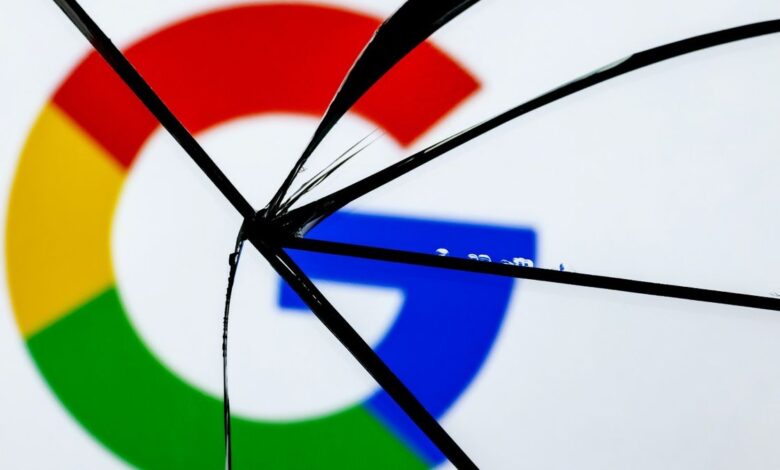Google’s domination of the search engine sphere is facing a fresh challenge in what commentators have described as a “tantalising face-off” on the lines of “Martin Luther taking on the Catholic Church”.
Starting a search business has “always been a nearly impossible hill to climb”, said Digiday, because new contenders are “invariably up against” the “Mt. Everest” of Google. But a new AI-driven search start-up called Perplexity AI has launched a bid to reach that peak.
What is the new product?
The man behind Perplexity AI, which was recently valued at $1 billion, is Aravind Srinivas. After interning at OpenAI and Google’s DeepMind, both of which became leaders in generative artificial intelligence, Srinivas co-founded his challenger tool, which provides fast, Wikipedia-like responses to search queries. So it’s “bye bye” to the “10 blue links” of Google, said The Verge, and “hello direct answers to all my weird questions about the world”.
Subscribe to The Week
Escape your echo chamber. Get the facts behind the news, plus analysis from multiple perspectives.
SUBSCRIBE & SAVE
Sign up for The Week’s Free Newsletters
From our morning news briefing to a weekly Good News Newsletter, get the best of The Week delivered directly to your inbox.
From our morning news briefing to a weekly Good News Newsletter, get the best of The Week delivered directly to your inbox.
By “gleaning answers from a variety of large language models, both closed and open-source”, said The Economist, Perplexity AI “can take advantage of each model’s analytical strengths”, as well as “their varying pricing structures”, to “improve performance and lower costs”.
What do the experts say?
Srinivas has “openly thrown down the gauntlet to Google”, said The Economist. “Upstarts are supposed to win over underserved customers with cheap, scrappy technology”. But Perplexity, with a subscription model that may eventually include ads, “can be more expensive than Google and its answers tend to be far more polished (if not always accurate)”.
The “thing you have to understand about a search engine”, said The Verge, “is that a search engine is many things”. People use Google to “find important and hard-to-access scientific information”, but also to “find their email inbox, get to Walmart’s website, or remember who was president before Hoover”. Some people even type “google” into Google.
In other words, although we “mostly talk” about Google as a research tool, “in reality, it’s asked to do anything and everything you can think of, billions of times a day”. So “the real question in front of all these would-be Google killers” is “not how well they can find information” but rather “how well they can do everything Google does”.
And Google keeps doing more. Alphabet, the owner of the search engine, has the “researchers and deep pockets” to continue improving generative AI search, said The Economist, and the computing costs of queries have fallen by 80% since they were first introduced.
Although the “10 blue links” of Google “isn’t the answer for search”, said The Verge, neither is “an all-purpose text box”. Ultimately, “search is everything, and everything is search”, so “it’s going to take a lot more than a chatbot to kill Google”.
All the same, the ongoing race to make that kill promises to be an entertaining one. It is a “given” that AI can “help search engines understand questions and process information better”, but “can Google reinvent its results pages, its business model, and the way it presents and summarises and surfaces information, faster than the AI companies can turn their chatbots into more complex, more multifaceted tools?”




